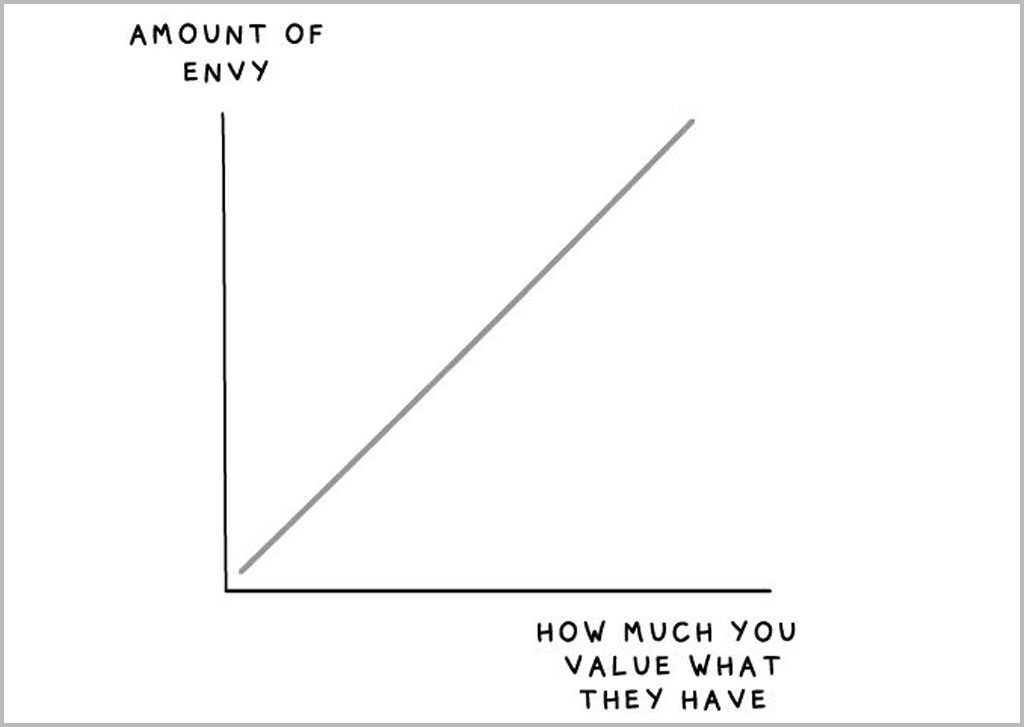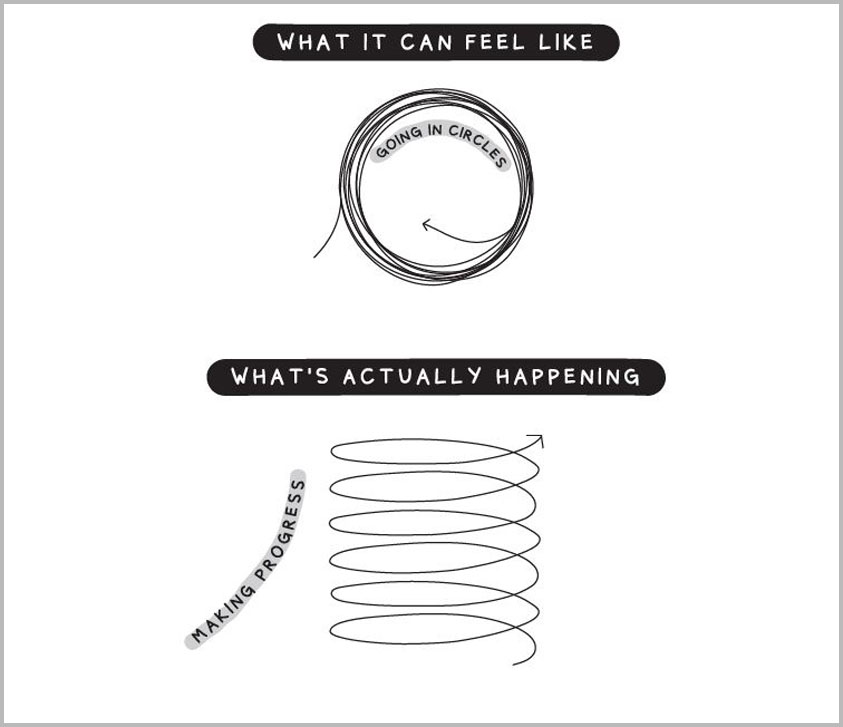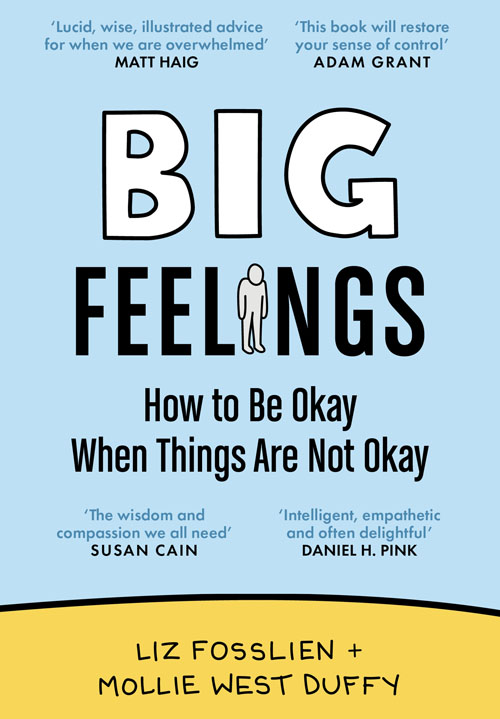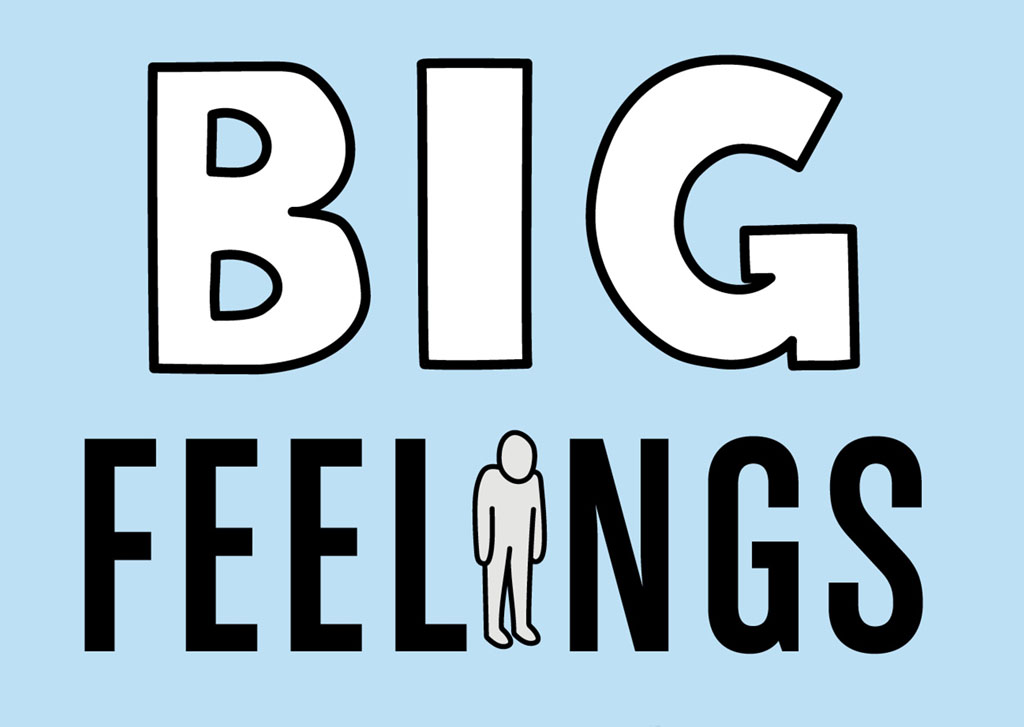In this edited extract from Big Feelings by Liz Fosslien and Mollie West Duffy, the pair explain how envy and self-comparison can be surprisingly helpful when it comes to personal growth and progress.
Make sure your envy doesn’t become malicious
Comparison-induced envy can be a great motivator and guide. It can also make us bitter.
Psychologists distinguish between benign envy, when we admire someone and try to emulate them, and malicious envy, when we dislike and begrudge the other person for having what we want. It’s the difference between “They have a penthouse apartment, and it’s cool how they got it” and “I hate that their home has panoramic views, and I want them to suffer.” To be clear: both are painful. But benign envy motivates us to work harder to improve, while malicious envy makes us nasty.

Compare present you against past you
You may not always be exactly where you want to be, but chances are you’re not where you used to be, either. Pausing to take stock of your accomplishments— and the skills you’ve developed as a result— can help you feel proud of your progress and untangle yourself from malicious envy.

Though reader Eliza has always loved mountains, she avoided running or hiking for most of her life because her asthma left her at a disadvantage compared with her peers. In her late twenties, she finally decided to go for it— even if that meant going for it at a slower pace than most. “I will never be able to hike as fast as others,” she told us. “I’ll always be slower because of my low lung capacity. The only person I can and should compare myself to is me.”
Eliza’s persistence and new attitude paid off: just before her thirtieth birthday, she completed a five-day hike.
A simple way to make this type of self-comparison a habit is to take a few minutes at the end of each month to reflect on these prompts:
- What have I learned over the past few weeks?
- What was difficult, and how would I approach it differently given what I know now?
- What progress did I make?
Keep in mind that an important part of the progress you’ve made is what you learned. You might be starting over in a new place or have switched careers or left a relationship. That doesn’t mean you’re “behind” where you used to be. It means you’re starting again, this time with experience.

This is an edited extract from Big Feelings: How to Be Okay When Things Are Not Okay by Liz Fosslien & Mollie West Duffy, published by Canongate at £10.99. Used with permission of the publisher.

